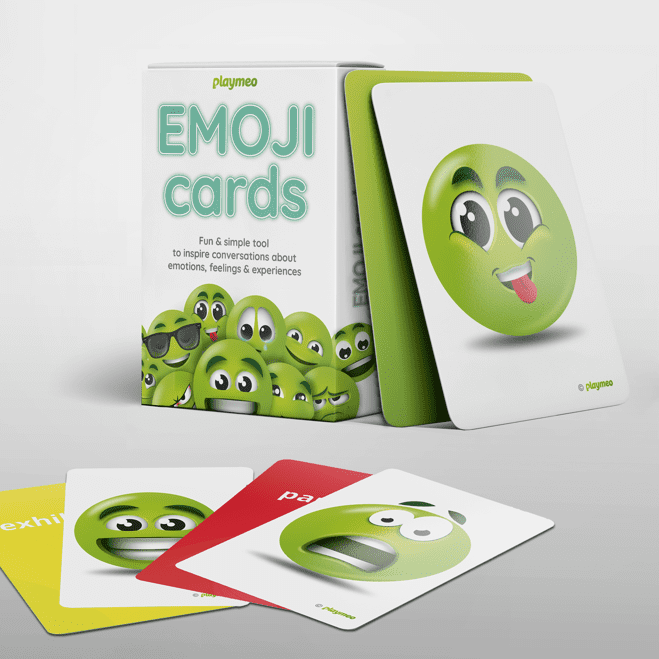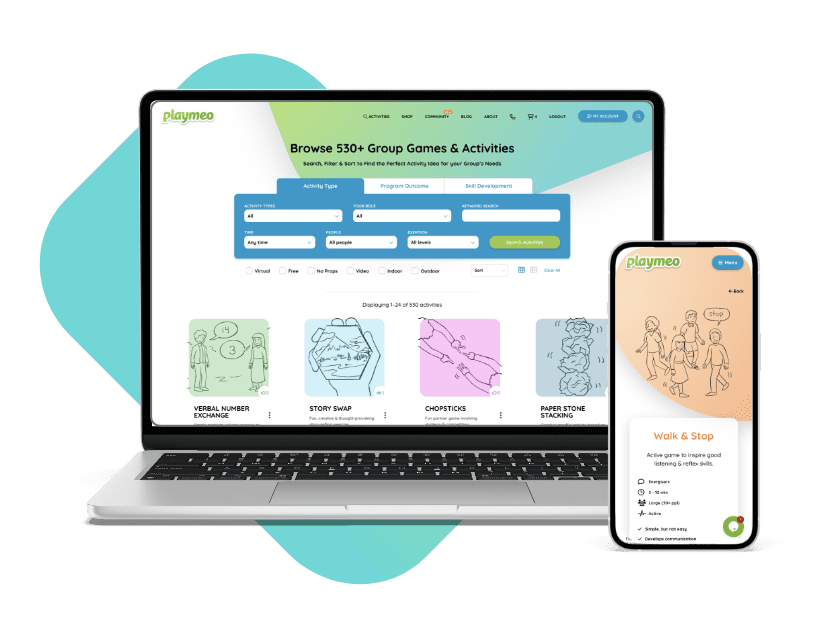My nine-year-old son likes to mimic one of his favourite cartoon characters Bluey when he says “In real life?” to respond to something I have just shared that seems a bit incredulous to him. He’s trying to grapple with the possibility that what I am telling him is actually true and could be experienced for real.
This reminds me of the same sorts of questions I get from training participants on occasions when they try to imagine themselves implementing their newly developed skills or knowledge in the ‘real world.’ They are very clear that what they have learned makes sense and can work in the temporary community of my training workshop, but what they are really struggling to envision is: Does it actually work in real life?
Ahhh, the challenge of transference.
As facilitators of groups, influencers of change, how do we help our participants transplant and actually apply what they learn in their time with us, to their real worlds?
This is exactly the topic that was discussed in a recent Learning Pod webinar with a small number of playmeo members. It was another in a string of occasions I wished we had recorded the conversation, so rich were the observations and learnings.
Real-Life Application Strategies
We discussed a number of models and strategies that conceptualised the process of transference, but the most valuable insights were gained when we focused on what we could do as facilitators to help our participants embrace what they learned here (in the temporary world) to there (the real world.)
In no particular order, these were some of the take-aways:
Principles
By far the most powerful strategy was to help participants understand the principles of why something was successful here to apply it successfully over there. And there were two common themes – creating a safe space to practice new skills, and giving oneself permission to fail. When guided through a carefully sequenced program, these two elements are easily facilitated. But, this is not necessarily the case in the lives of our participants, hence, these new skills are often not practised or embraced easily. For example, consider the ease with which some people elevate their leadership skills in our courses, but when it comes to their work, school, family, etc, they find it hard to perform in the same confident way. To this end, encourage your participants to take baby steps at first and seek out safe places to practice their newfound skills. And it’s in these safe places that they will feel more comfortable to ‘fail’ because they can expect to be supported no matter the outcome of their practice. This is a wonderful example of what I shared in a recent article in which I described the universal law that says politics lives downstream from culture. Ask your participants to seek out the culture that will support them in their growth.
Honouring Choice
We are all (I hope) well versed in the power of honouring challenge by choice. In the context of transference, choosing to participate is akin to opening a window to new ideas. As they say, if you don’t think you can, you won’t. As a group facilitator, one of my most important roles is to create an environment in which my participants can make appropriate choices. When I do this well, my groups are able to surprise themselves with what is possible, which of course, opens windows of opportunity to connect the here with there.
Learning Buddies
A core component of learning is accountability. One of the best ways I have found to create this once I have walked off into the sunset (at the end of my program) is to establish learning buddies during my program. These buddies or pairs of participants are best formed early and reinforced throughout my program in a variety of ways. Then as my program comes to a close, I instruct these buddies to ‘meet’ regularly to check in on one another and monitor one another’s progress. Just knowing that your buddy will, for example, ask you what progress you have made can sometimes make all the difference to the forward momentum towards one’s goal.
RELATE
The strategy of RELATE which is a conjunction of the words REal Life Application TEchnique was noted as a useful model to help participants relate what they just learned to their real worlds. Without knowing too much about this particular strategy, I think the key must be in its name – to relate. When we help participants understand what they are doing here and relate it carefully to over there, it will make more sense and transference is more likely to occur. Have you ever heard the words “Why are we doing this?” Or in other words, “Tell me how this relates to something important to me.”
Framing
As I describe in this short video tutorial, framing is everything. When your group games and activities and the whole experience is framed carefully and sensitively to the needs of your group, it is so much easier for your group to connect the dots. Fully immersed in experiences that make sense combined with carefully guided reflections, it will be so much easier for your groups to bring home the learning to where it matters. For example, telling stories that demonstrate the principles of your training in real life will help your participants to see themselves in the story because it will be relatable.
Naturally, the chances of our participants actually embracing their newfound skills and knowledge “in real life” is certainly heightened when two or more of these strategies are combined at the same time.
If you happen to be interested in the technologies of reflection or debriefing – the actual structured task of transferring learning – take a look at Episodes 44 to 47 of the Facilitator Tips video series to learn the Why, What, When and How? of reflection.
Would You Like To Be A Part of the Conversation?
Join playmeo and enjoy one of the exclusive benefits of membership by attending our monthly Learning Pod webinars.
Learning Pods are hosted twice a month (to suit two different time zones) and typically attract a small number of members to discuss all sorts of topics related to the use and value of interactive group games and activities.
Members can register at any time via their My Account > Webinars portal of their account.
If you’re not a member, then I encourage you to click the button below to join today.
Join Today

No Props? No Problem!
Get 150+ no-prop games & activities + exclusive 30-day free trial of playmeo. Scan QR codes to view activity videos, leadership tips, etc.

EMOJI Feeling Cards
50+ cards that portray a range of emotions from happy, sad, angry & confused. Ideal for building emotional literacy skills.

Wow, you’ve been busy!
You can open 1 more
activity for free.
Limit resets every 24 hours
or click below to get unlimited access.











Original post November 2021, last updated October 2021.